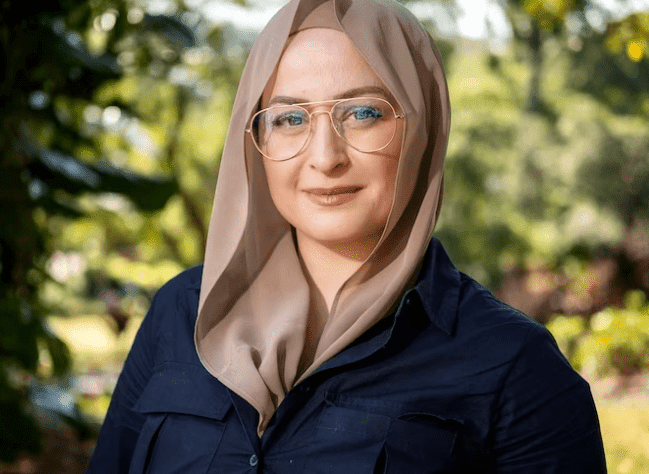
In the depths of insurmountable grief over the loss of her baby daughter, Fatima El-Assaad felt like she was totally alone.
Dr El-Assaad gave birth to her daughter Aya, who was stillborn, in 2021.
"In that moment, you honestly think that you're the only one experiencing this and that nobody can really relate to the sorrow and the grief and the depths of despair that you're feeling," she said.
"It almost feels quite foreign because your mind never really goes there until you do experience it.
"Unbeknownst to me, it's actually a very common experience."
Read the full ABC Online article by Antonia O'Flaherty here>>